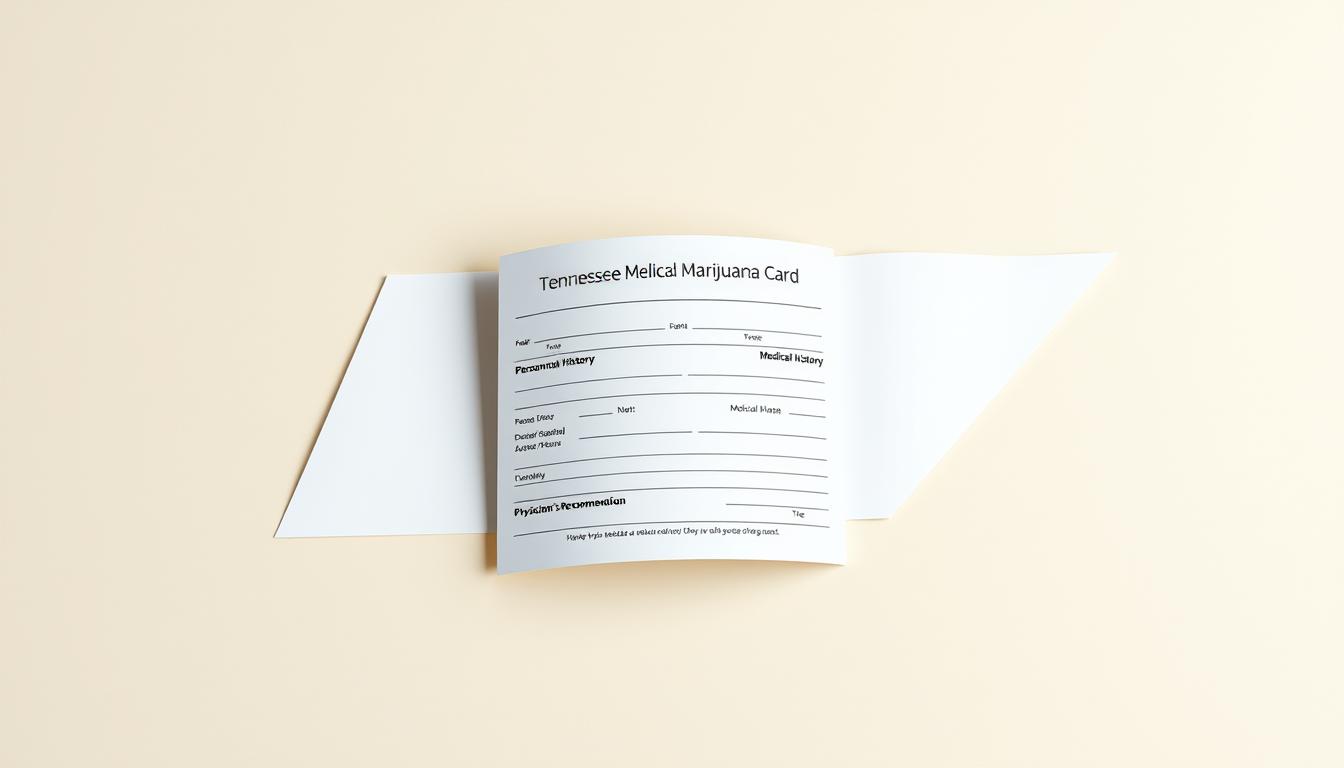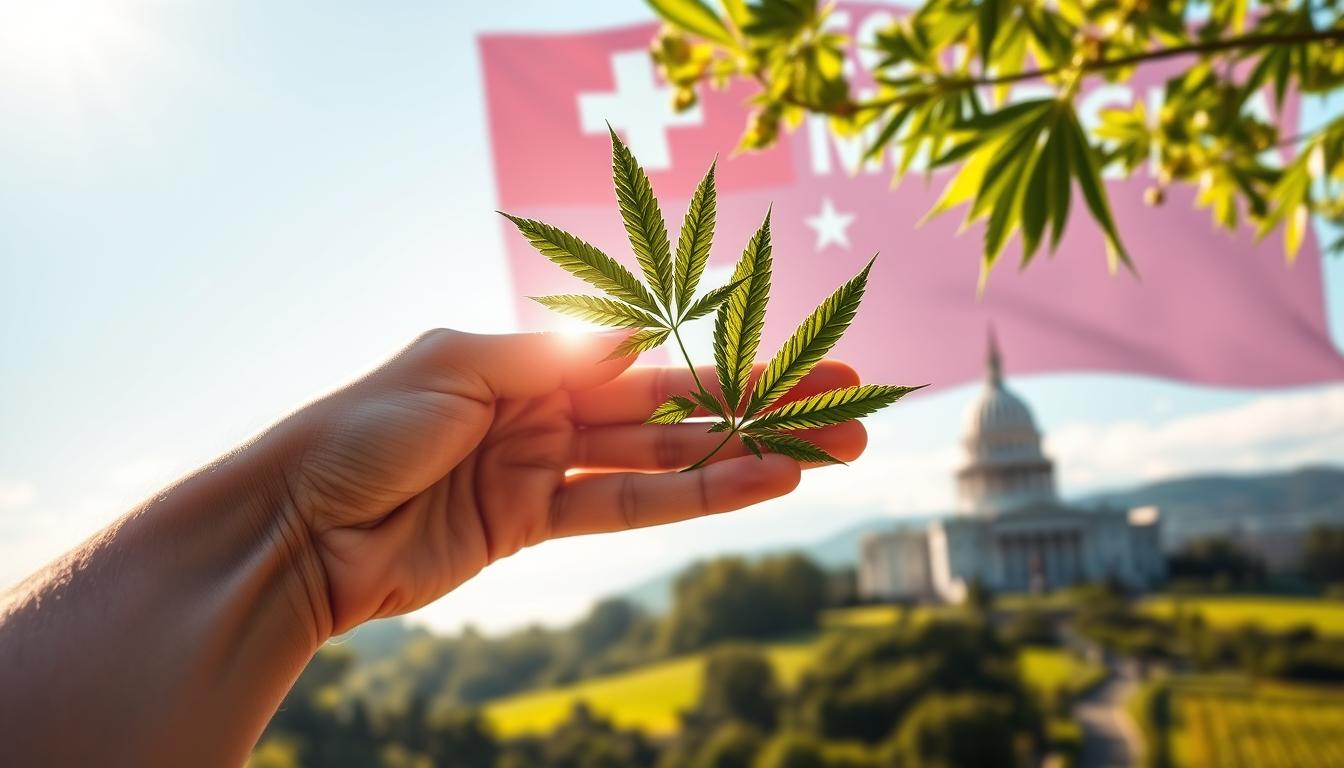Is medical marijuana legal in North Carolina. The debate over medical marijuana legalization has been a contentious issue in North Carolina. Many residents advocate for its use.
Currently, North Carolina has not legalized medical marijuana for medical use. Despite efforts, legislation to change this status has not passed.
A recent Meredith poll showed that 71% of North Carolinians support legalizing medical marijuana. This indicates strong public support for the cause.
This article aims to provide an overview of the current status of medical marijuana laws in North Carolina. It also explores the implications of legalization.
Overview of Medical Marijuana Legislation in the U.S.
It’s important to know the laws about medical marijuana in the U.S. This knowledge helps both patients and lawmakers. The rules on medical marijuana change a lot from state to state. This is because of a mix of federal and state laws.
Brief History of Medical Marijuana
Marijuana has been used for medicine for over a century. But, it wasn’t until the late 1900s that making it legal for medicine started to get attention. The Compassionate Use Act in California in 1996 was a big step. It let patients use marijuana with a doctor’s okay.
Many states have followed California’s lead. They’ve made laws to let people use marijuana for medical reasons. This change is because more people believe in its health benefits.
Key Federal Guidelines and Laws
Even though states have made progress, federal laws are strict. The federal government sees marijuana as a Schedule I substance. This means they think it’s very dangerous and has no medical use. This makes it hard for patients, doctors, and police.
The Rohrabacher-Blumenauer Amendment is a key federal rule. It stops the Department of Justice from going after medical marijuana in states that allow it. This rule has been renewed every year from 2014. It helps protect states that have made medical marijuana legal.
Variations Across States
States have different rules for medical marijuana. Some states have big programs with many options, while others are more limited. For example, some states let you smoke it, while others only allow oils or other forms.
North Carolina is part of this bigger picture. Knowing the North Carolina cannabis regulations helps understand the state’s future with medical marijuana. North Carolina hasn’t made medical marijuana legal yet. But, changes in other states might influence North Carolina’s decision.
The Medical cannabis North Carolina debate is ongoing. People who support medical marijuana want the law to change. As the country’s laws on marijuana change, North Carolina might also look at updating its rules.
Current Status of Medical Marijuana in North Carolina
North Carolina is slowly moving towards allowing medical marijuana. This change is thanks to growing public support and efforts from advocacy groups. They push for the legalization of medical marijuana.
Legislation Timeline
The fight to make medical marijuana legal in North Carolina has been long. Important moments include:
- Initial Efforts: Early tries to pass medical marijuana laws hit many roadblocks.
- Recent Progress: In 2023, the North Carolina Senate voted for a medical cannabis bill. This was a big step forward.
- Ongoing Challenges: Even though the Senate agreed, the bill stalled in the House. This shows the challenges that remain.
Recent Developments in 2023
2023 was a key year for medical marijuana laws in North Carolina. Recent polls show most people support legalizing medical marijuana.
Important events include:
- The Senate’s approval of the medical cannabis bill. This shows a shift in lawmakers’ views.
- More advocacy and awareness efforts. These have helped build public support.
- Continued talks and negotiations. These aim to address lawmakers’ and opponents’ concerns.
These updates highlight the complex and changing nature of North Carolina marijuana legislation. As support grows, efforts to make medical marijuana legal will likely continue.
Conditions Approved for Medical Marijuana Use
North Carolina is considering medical marijuana for certain health issues. The Compassionate Care Act aims to help patients with serious conditions. This could bring relief to many.
Qualifying Conditions Defined by Law
The bill lists several health issues that could be treated with medical marijuana. These include:
- Cancer: Patients getting chemotherapy might find it helps with nausea and pain.
- Epilepsy: It can reduce seizures in people with epilepsy.
- Post-Traumatic Stress Disorder (PTSD): It might help veterans and others with PTSD symptoms.
- Chronic Pain: It could be an option for those with pain that doesn’t respond to other treatments.
These conditions are chosen based on research and clinical evidence. This shows medical marijuana’s benefits.
Physician Recommendations
Getting a doctor’s approval is key for medical marijuana in North Carolina. Patients must see a licensed doctor for a recommendation.
The doctor will look at the patient’s medical history and condition severity. This ensures medical marijuana is used wisely and only when needed.
Knowing which conditions qualify and the importance of doctor’s recommendations helps patients in North Carolina. It makes it easier for them to use this treatment.
Application Process for Medical Marijuana
In states where medical marijuana is legal, you need a doctor’s note and to register. North Carolina doesn’t allow it yet. But, knowing how other states do it can give us a clue for the future.
Steps to Obtain a Medical Marijuana Card
To get a medical marijuana card, you must:
- Consult a Physician: See a doctor who can recommend medical marijuana.
- Qualifying Condition: You need a condition that the state says qualifies.
- Recommendation: Your doctor must say it’s okay to use medical marijuana.
- Registration: You must sign up with the state’s program and give them what they need.
- Application Fee: You’ll have to pay a fee to apply.
Documentation Required
Here’s what you’ll need for your application:
- Proof of Residency: Show you live in the state.
- Physician’s Recommendation: Get a signed note from your doctor.
- Medical Records: Bring records that prove your condition.
- Identification: Show your ID to prove who you are.
Even though North Carolina doesn’t have a program yet, knowing what’s needed can help you get ready for when it does.
Rights and Responsibilities of Cardholders
Medical marijuana cardholders in North Carolina have certain rights and limits. It’s key for patients to know these to follow medical cannabis North Carolina rules well.
Legal Protections for Patients
In states where medical marijuana is legal, cardholders are safe from prosecution for possession and use within limits. For example, patients with a valid card can have a certain amount of cannabis for medical use. This protection is vital for those who use medical cannabis to manage their health.
These legal protections let patients get the medicine they need without fear of legal trouble. They must follow the North Carolina cannabis regulations closely. It’s important for cardholders to know their legal protections well.
Use Limitations and Restrictions
Even with protections, there are limits and restrictions on using medical cannabis. For instance, using it in public places is not allowed to keep others, like kids, safe. There might also be limits on how much cannabis you can buy or have at once.
Cardholders need to know these rules to avoid legal problems. It’s also important to remember that medical cannabis use is watched and regulated to follow state laws.
By knowing their rights and duties, medical marijuana cardholders in North Carolina can use their medicine legally and safely. It’s very important for patients to keep up with the North Carolina cannabis regulations and any updates.
Cultivation and Distribution Regulations
It’s key to know the rules on cultivation and distribution of medical marijuana in North Carolina. As the state thinks about legalizing it, we must look at the laws that might come up. These laws will affect how it’s grown and sold.
The Eastern Band of the Cherokee Nation has already made cannabis legal on their land. They have rules for growing and selling it. But, North Carolina state laws don’t allow this, making things complicated.
Home Growing Laws
In North Carolina, you can’t grow marijuana at home right now. If the state legalizes it, they’ll have to decide if patients can grow their own. Or if they must buy it from licensed shops.
Some places let patients grow a few plants for themselves. Others don’t let them grow anything. The choice will affect how easy it is for patients to get medical marijuana.
Licensed Dispensaries in North Carolina
Licensed dispensaries are important for getting medical marijuana. They follow strict rules to make sure the products are safe. This is because of state laws.
If North Carolina makes medical marijuana legal, they’ll need to set up rules for dispensaries. They’ll have to make sure dispensaries are secure and test their products. This is to follow state laws.
Having licensed dispensaries will give patients a trusted place to buy medical marijuana. It will also help the state make money from licensing fees.
Advocacy and Public Support
Support for medical marijuana is growing in North Carolina. Advocacy groups are working hard to change laws. This effort is key for legalizing medical marijuana in the state.
Organizations Supporting Medical Marijuana
Groups like the Marijuana Policy Project are pushing for medical marijuana laws in North Carolina. They help educate people and lawmakers about its benefits.
Key Activities by Advocacy Groups:
- Lobbying lawmakers to support medical marijuana legislation
- Organizing public awareness campaigns to highlight the medical benefits of marijuana
- Collaborating with healthcare professionals to understand the therapeutic potentials of medical marijuana
“The push for medical marijuana is not just about legalization; it’s about giving patients access to a potentially life-changing treatment option.” –
Public Opinion Trends
Public opinion polls show strong support for legalization in North Carolina. This change in opinion is important in the debate about medical marijuana.
More North Carolinians see the benefits of medical marijuana. This could shape future laws.
Opposing Views on Medical Marijuana
There are many reasons people oppose medical marijuana in North Carolina. These include worries from law enforcement and health concerns. Supporters see its benefits, but opponents have valid points to consider.
Concerns from Law Enforcement
Law enforcement worries about how medical marijuana might affect crime and safety. They fear it could lead to more marijuana-related crimes, like driving under the influence. A recent article on WRAL shows the North Carolina Senate’s vote was opposed for these reasons.
Law enforcement concerns also involve regulation and enforcement to stop abuse. They want to make sure medical marijuana stays legal and is only used by those who really need it.
Health Risks and Misconceptions
Some, like Smart Approaches to Marijuana, worry about health risks like dependency and mental health problems. It’s important to educate people and promote safe use.
Dr. Nora Volkow, Director of the National Institute on Drug Abuse, says marijuana’s effects on the brain are complex. She calls for more research to understand its impact.
It’s also key to clear up misconceptions about medical marijuana. Some think it leads to harder drugs, while others see it as safer than opioids for pain. Sharing accurate information can help the public understand better.
To fully grasp the debate on medical marijuana in North Carolina, we need to look at both sides. We must consider the benefits and risks. By listening to law enforcement and health experts, we can gain a deeper understanding.
Future of Medical Marijuana Legislation
North Carolina’s medical marijuana laws might change soon. More states are legalizing it, putting pressure on North Carolina to think again.
There’s a real chance for change. Public opinion is shifting, and research shows marijuana’s medical benefits. Advocates say, “The tide is turning in favor of medical marijuana,” urging North Carolina to update its laws.
Potential Changes on the Horizon
Several signs point to North Carolina updating its laws. Neighboring states have legalized medical marijuana, which could lead to more patients coming here.
This situation shows the need for clear laws. It also points to the economic benefits of legalizing medical marijuana. Licensed dispensaries could become a big source of income, creating jobs and boosting local economies.
- Potential for increased tax revenue
- Job creation in the cannabis industry
- Improved access to medical marijuana for patients
Influence of National Trends
National trends are important for state laws. As more states legalize medical marijuana, North Carolina feels the pressure to do the same. The trend is not just about legalization. It’s also about the growing acceptance of cannabis for medical use.
As
“The more we understand the benefits and risks of medical marijuana, the more we can make informed decisions about its use.”
This understanding is key for North Carolina as it looks to the future of medical marijuana laws.
The future of medical marijuana in North Carolina is linked to national trends and changing public views on cannabis. As the state moves forward, staying informed about these changes is vital.
Conclusion: The Path Forward for Medical Marijuana in North Carolina
The path to legalizing medical cannabis in North Carolina is complex. Many people and groups are involved. It’s important for patients, advocates, and lawmakers to understand the current rules.
Key Takeaways
There are several important points in the medical marijuana discussion. These include the need for clear rules on what conditions qualify, how to get a medical marijuana card, and the rules for growing and selling it.
Staying Informed and Engaged
As North Carolina cannabis regulations change, it’s key to stay up to date. Keep an eye on news from the North Carolina General Assembly. Also, get involved with groups that support legalizing medical marijuana.
By staying informed and participating in the conversation, North Carolinians can influence the future of medical marijuana in the state.


